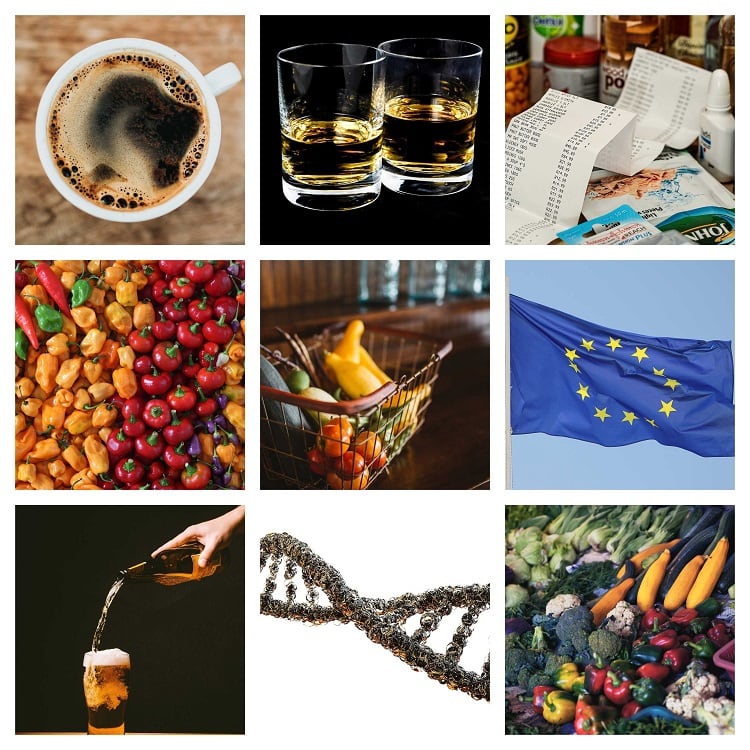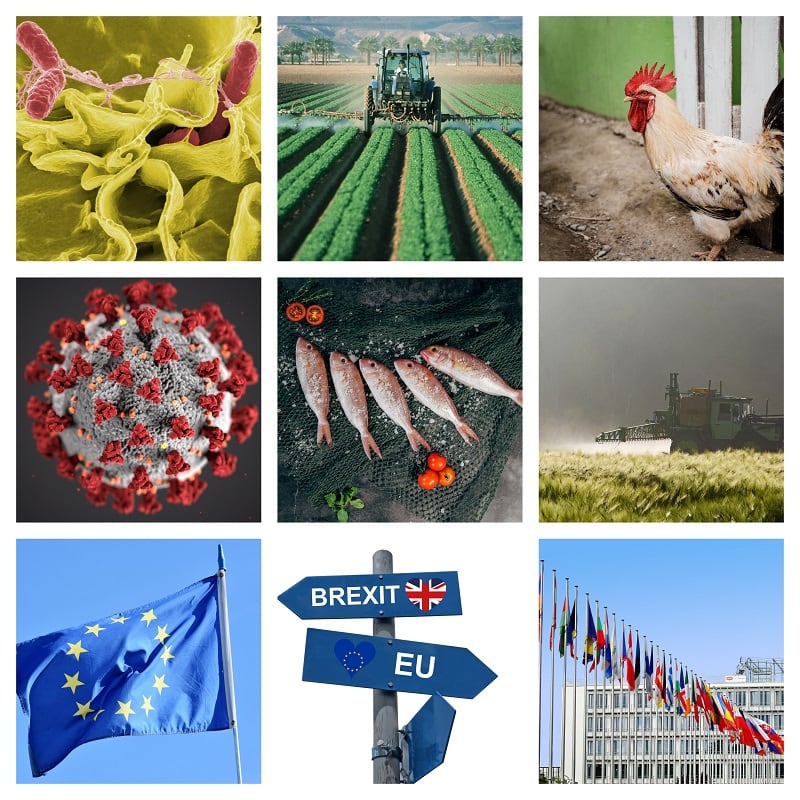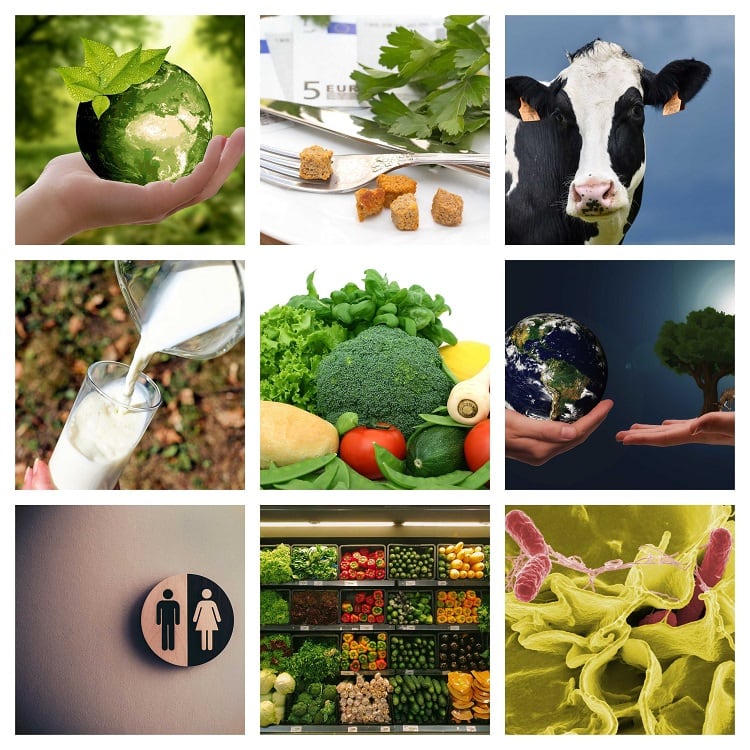Since our last Brussels Bulletin, the FAO has published its Food Price Index – indicating that world food prices took a significant hit last month. In the EU, Belgium approved the manufacture of alcohol from breweries and distilleries for disinfectants, and in the UK, grocery sales are soaring.
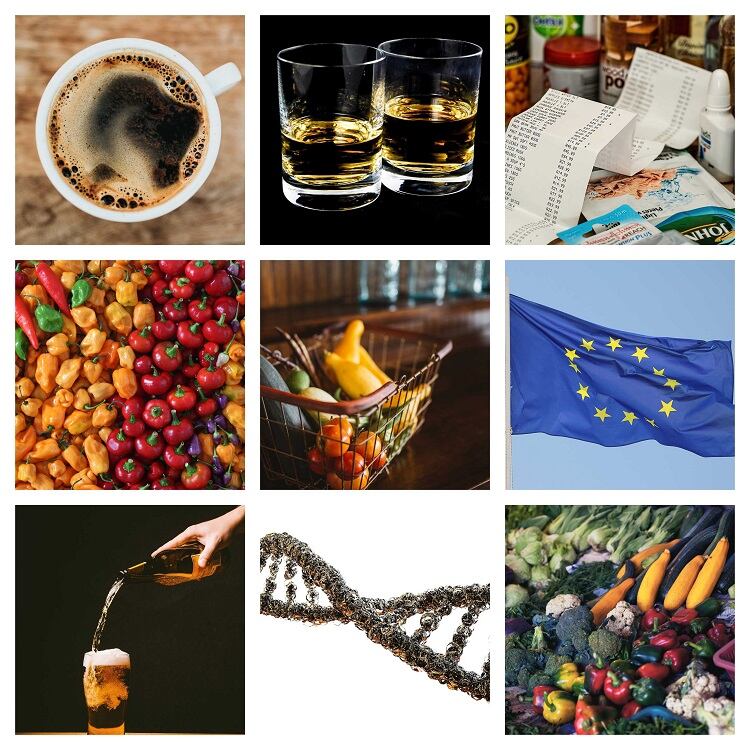
Since our last Brussels Bulletin, the FAO has published its Food Price Index – indicating that world food prices took a significant hit last month. In the EU, Belgium approved the manufacture of alcohol from breweries and distilleries for disinfectants, and in the UK, grocery sales are soaring.
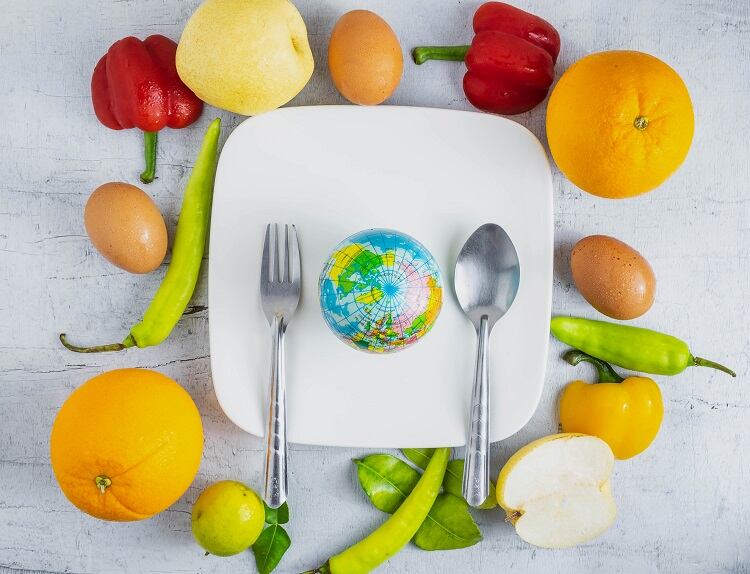
World food prices took a hit last month (March 2020) according to the UN Food and Agriculture Organization (FAO).
The drop was largely driven by demand-side contradictions linked to the coronavirus, or COVID-19, pandemic. The drop in global oil prices, due mostly to expectations of economic slowdown, also played a role.
The findings come from the FAO Food Price Index, which tracks monthly changes in the international prices of commonly traded food commodities. In March, such commodities averaged 172.2 points, demonstrating a 4.3% decline from February 2020.
“The price drops are largely driven by demand factors, not supply, and the demand factors are influenced by ever-more deteriorating economic prospects,” said FAO Senior Economist Abdolreza Abbassian.
Concerning individual commodity categories, the FAO Sugar Price Index saw the biggest drop, down 19.1% which can be associated, in part, with lower demand from out-of-home consumption in recent times.
The FAO Vegetable Oil Price Index declined 12% in one month, with the UN agency linked to falling palm oil priced. Soy and rapeseed oil prices also followed the trend. “Oil prices have fallen by more than half during the past month, which catalyses a large downward impact on biofuels, which are an important source of demand in the markets for sugar and vegetable oils,” said FAO analyst Peter Thoenes.
The FAO Dairy Price Index and Cereal Price Index also declined in March, down 3% and 1.9% respectively.
©GettyImages/Narong KHUEANKAEW

In Belgium, Minister Philippe De Backer has approved the use of alcohol from breweries, distilleries and bioethanol producers in disinfectants.
The move comes in response to a shortage of hand gels and other disinfectants due to the coronavirus pandemic.
Belgium’s food industry federation Fevia, as well as the trade groups Belgian Brewers, Vinum Et Spiritus and the Belgian Bioethanol Association (BBA) have welcomed De Backer’s decision.
“Now breweries, distilleries and bioethanol producers can also help to alleviate the shortage of hand gels and other disinfectant products,” noted Fevia CEO Bart Buysse.
“We are very pleased that the government has been able to adjust the current restrictions on licensing and taxation. Exceptional circumstances require exceptional measures and this is one of them. In this way, we support all the nursing staff and all those who continue to work in the essential sectors.
©GettyImages/cagkansayin
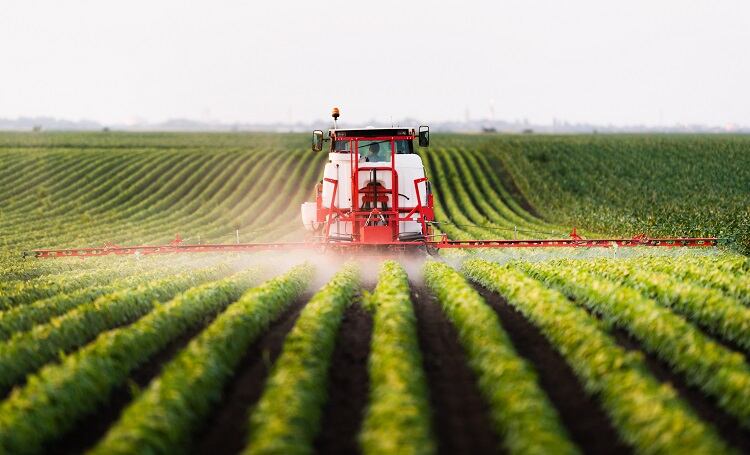
The European Food Safety Authority (EFSA) has published its annual report on pesticide residues found in food – offering a snapshot of their presence and potential risk to consumer health.
The report is based on a total of 91,015 samples collected in 2018 from EU Member States, Iceland and Norway. According to EFSA’s findings, 95.5% of the samples fell within legally permitted levels.
For the subset of 11,679 samples, analysed as part of the EU-coordinated control programme, 98.6% of samples were found to be within legal limits.
Concerning potential for dietary risk associated with pesticide residues, the report findings indicate that the food commodities analysed in 2018 are ‘unlikely to pose a concern for consumer health’.
However, EFSA has produced recommendations designed to increase the efficiency of European control systems (available here).
“For many years this report has supported the work of the European Commission and Member States in ensuring the proper use of pesticides in line with EU legislation and targets,” noted EFSA executive director Bernhard Url.
“Efficient collection and rigorous analysis of such data will continue to be of central importance in ensuring the safety of food sold in the European Union.”
©GettyImages/fotokostic

In the UK, data measurement firm Nielsen has reported grocery sales were up 22% for the week ending 14 March, compared to the same period last year.
This increase equates to an additional £467m more in purchases compared to the same week in 2020. “The consequential 22% increase in sales across UK supermarkets is a significant rise compared to the 8% increase in the previous week (week ending 7 March),” noted the firm.
Concerning specific categories, household and pet care items saw the biggest increase (65%) in the week ending 14 March, compared to the same period last year. Ambient groceries followed closely behind with an increase of 62%. Nielsen data revealed that health, beauty, toiletries and babycare items rose by 46%.
Significant increases were also observed in sales of frozen food (33%), beer, wine and spirits (11%) and impulse snacking items (18%).
Staple food items also saw a huge surge in sales, noted Nielsen, with pasta increasing by 168%, canned pasta by 148%, canned meat by 147% and canned or packed soup by 118%.
It was not all good news for food brands sold in mainstream retail, however. Some food categories were negatively impacted, including deli and produce items such as sandwiches (-1%), freshly prepared fruit (-5%), and sushi (-16%).
©GettyImages/monkeybusinessimages
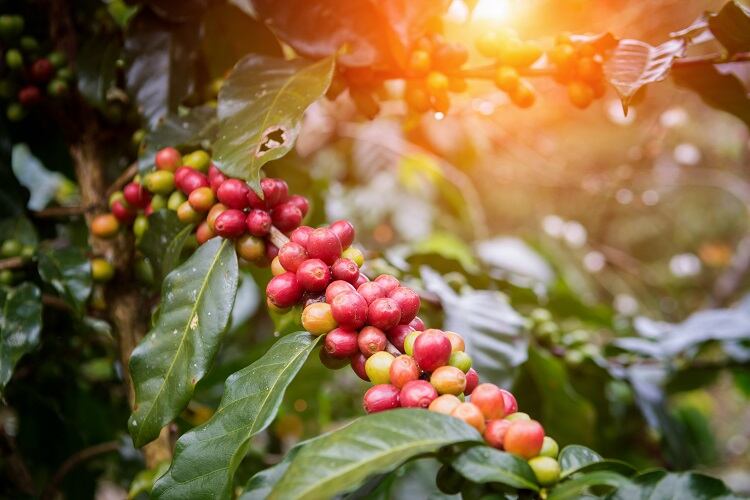
The European Food Standards Authority has rejected German coffee retailer Tchibo’s statements claiming that consuming an Arabica roast blend could reduce DNA damage occurring in white blood cells.
According to the regulatory authority, Tchibo’s statements could not be proved by submitted scientific evidence.
“In weighing the evidence, the Panel takes into account one study that provides evidence that daily consumption of Coffee C21 (750ml/day) for 4 weeks decreases DNA strand breaks in habitual coffee drinkers after coffee withdrawal over the previous 4 weeks,” noted EFSA.
“However, the results of this study were not replicated in another study conducted under similar conditions in the same study centre. There are no studies performed in a different setting, from which conclusions could be drawn that are available.”
Further, EFSA noted that no evidence had been provided for a mechanism by which coffee would protect DNA from stand breaks.
EFSA’s response to Tchibo’s submission is published in its official journal here.
©GettyImages/af_istocker
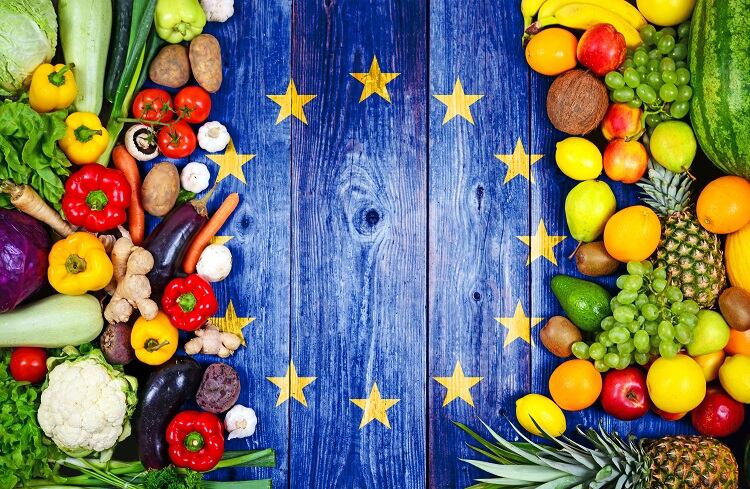
Since the beginning of the coronavirus, or COVID-19, crisis, the European Commission has implemented a number of measures designed to support the agri-food sector.
These include extending the deadline for CAP payment applications, increasing state aid, and working to ensure the continuous flow of food products across the EU.
- Extension of the deadline for CAP payment applications: The new deadline for applications will now be 15 June 2020, instead of 15 May, allowing for more flexibility for farmers to fill in their applications in these difficult and uparalleled times. The extension has already been communicated for Italy and the Comissions is working on the legal steps to implement it for all Member States.
- Increased state aid: Under the newly adopted Temporary Framework for state aid, farmers can now benefit from a maximum aid of €100,000 per farm. Food processing and marketing companies can benefit from a maximum of €800,000.
- Continuous flow of food products across the EU: the Commission is coordinating closely with Member States to ensure a functioning single market for goods by creating ‘Green Lanes’. These green lanes, based on designated key border crossing points, will have border crossing checks that will not exceed 15 minutes. Passage is now granted for all goods.
“We are facing an unprecedented crisis and I am ever more grateful to our farmers and producers for their continuous hard work, despite the increasing difficulties and pressure. These challenging times have shown the resilience of our food supply chain,” said Agriculture Commissioner Janusz Wojciechowski.
The Commission will continue to follow the situation in ‘close contact’ with Member States. “We are ready to take further action when necessary,” said Commissioner Wojciechowski.
©GettyImages/alexis84


